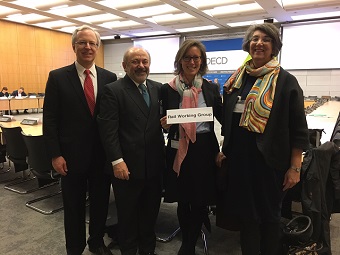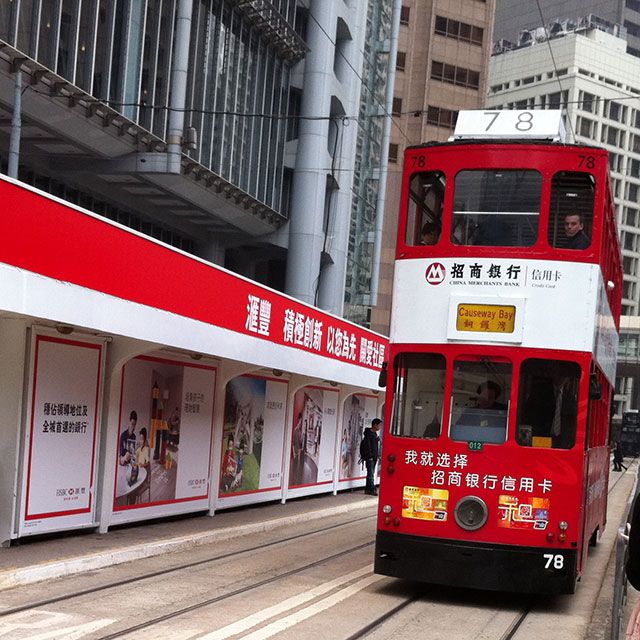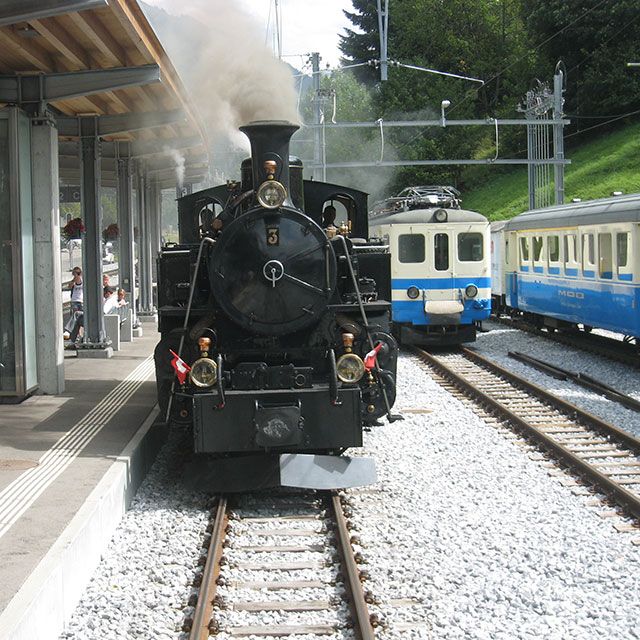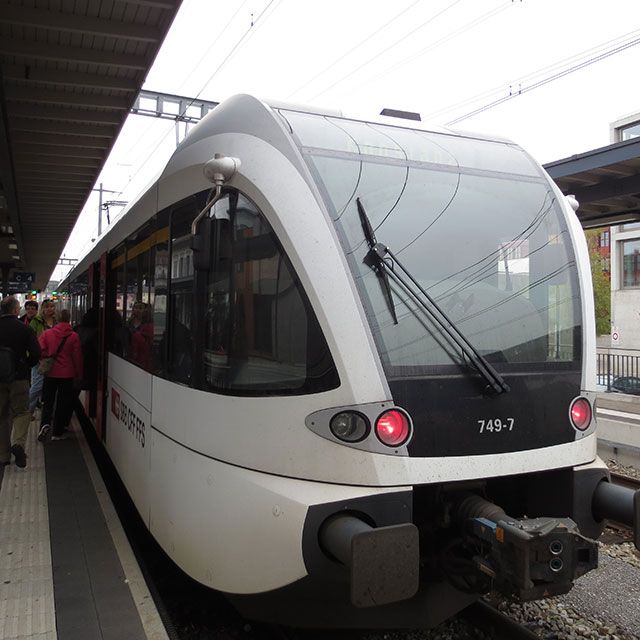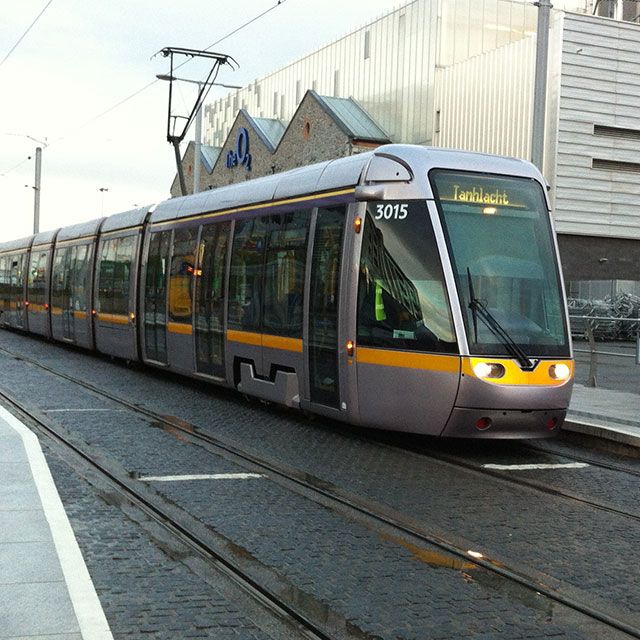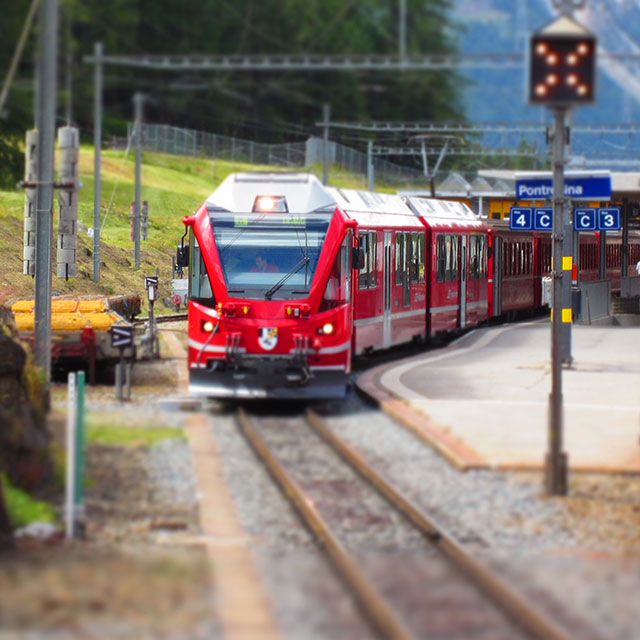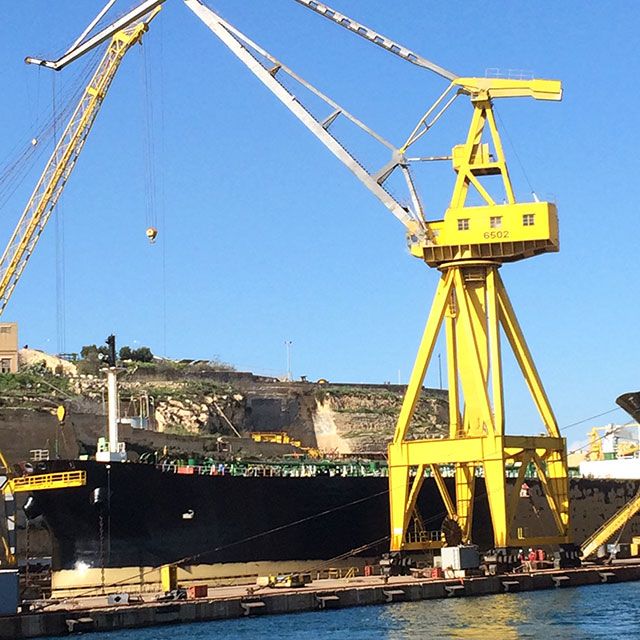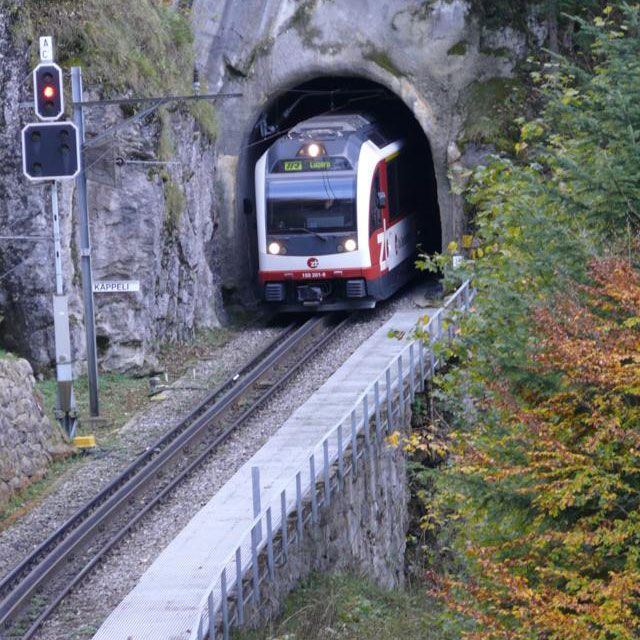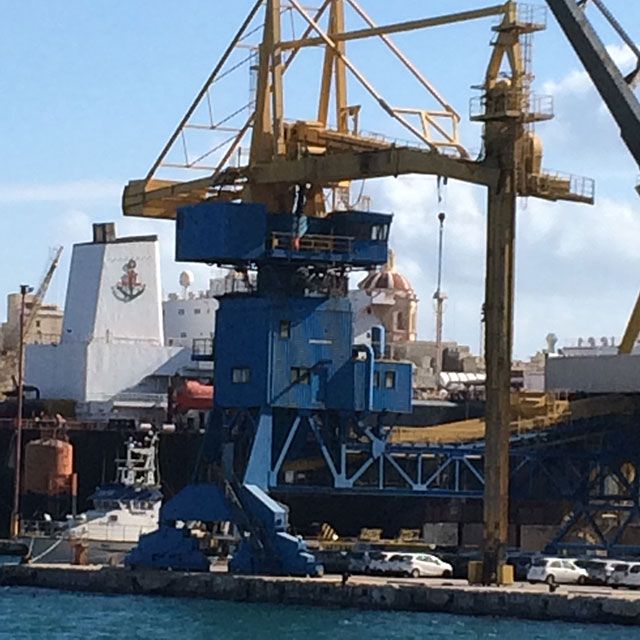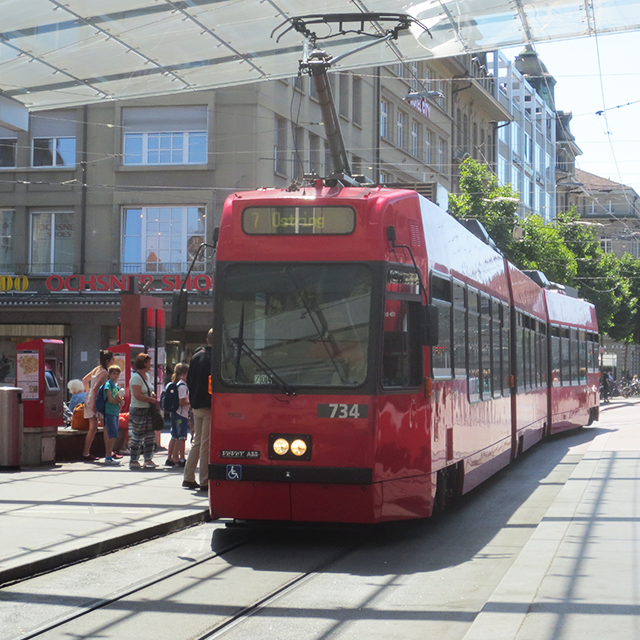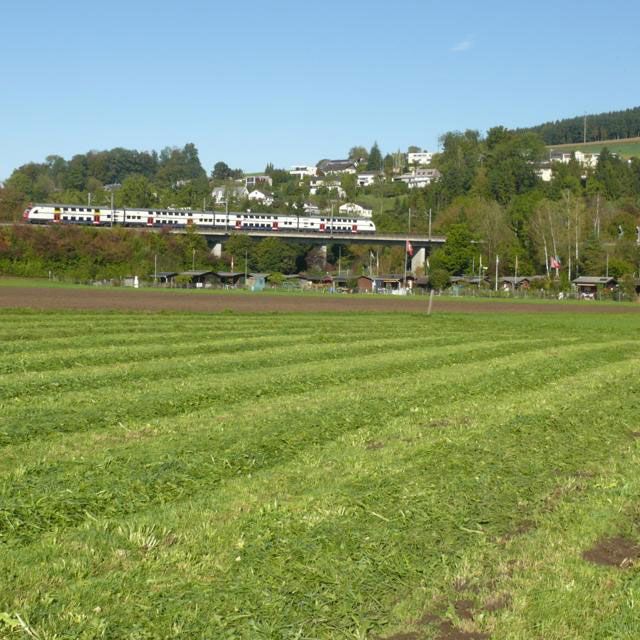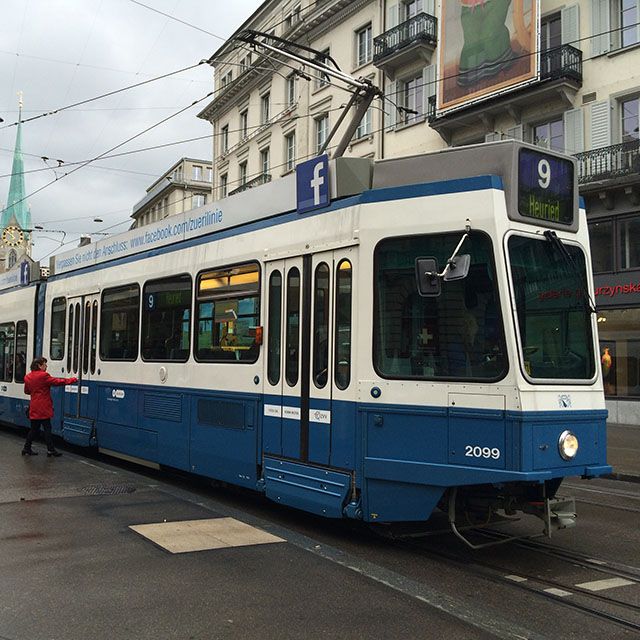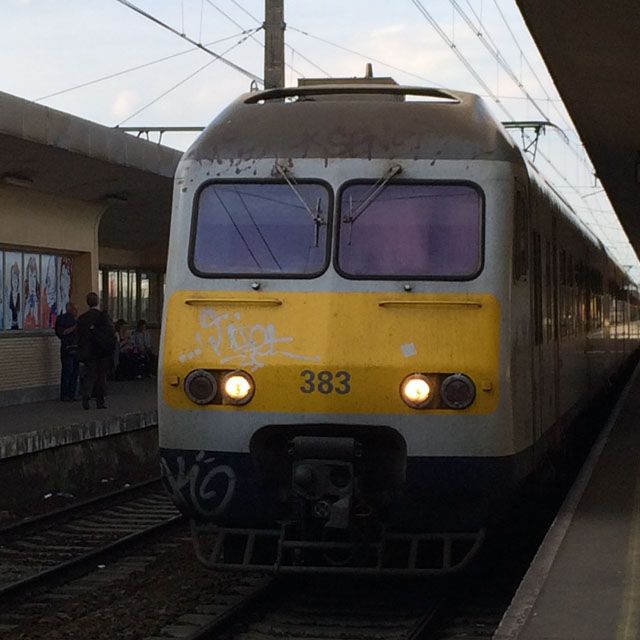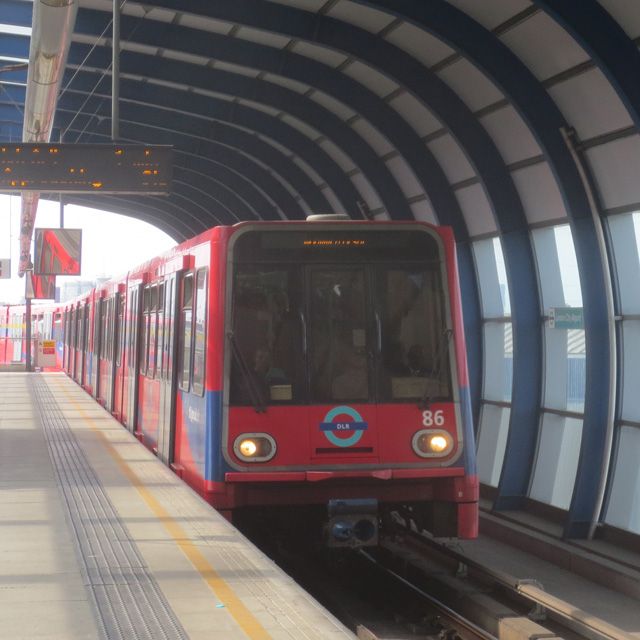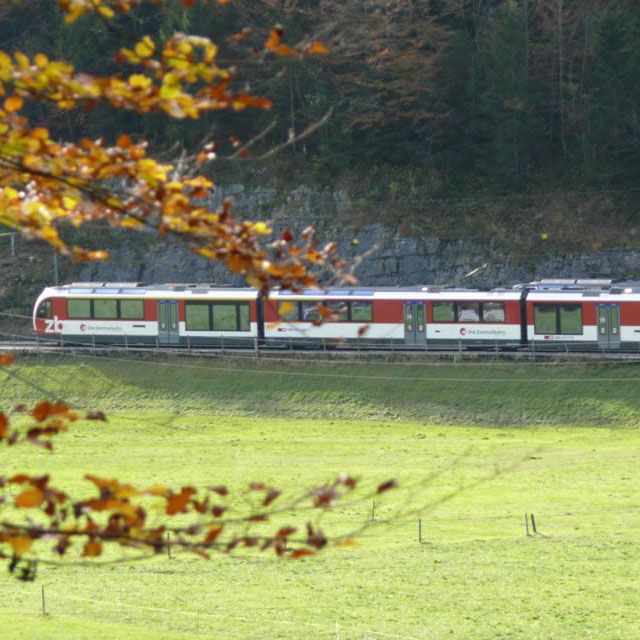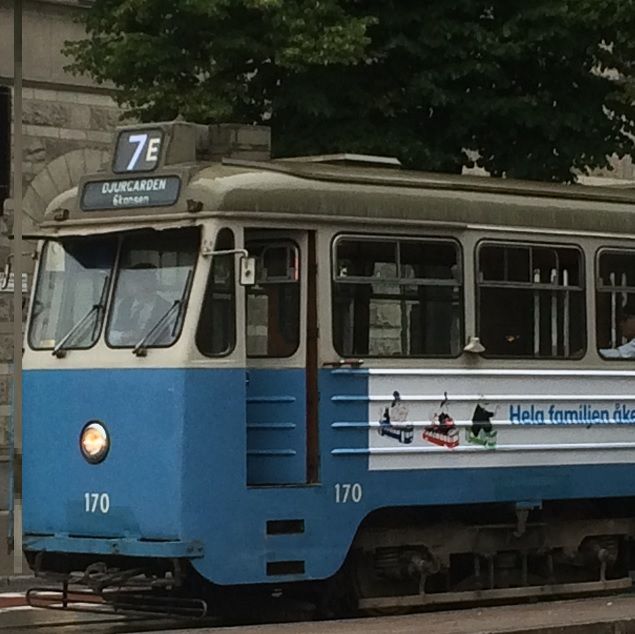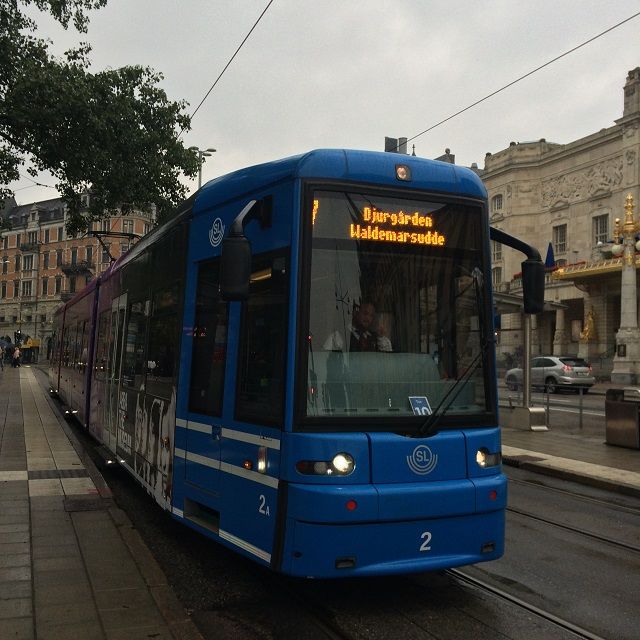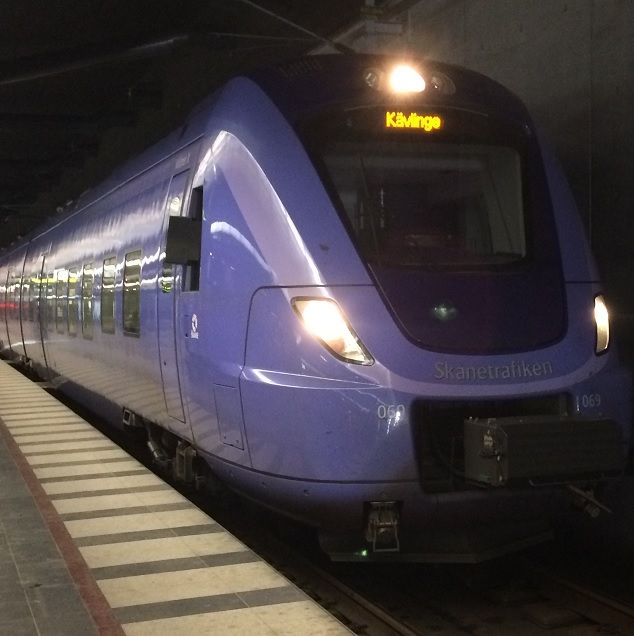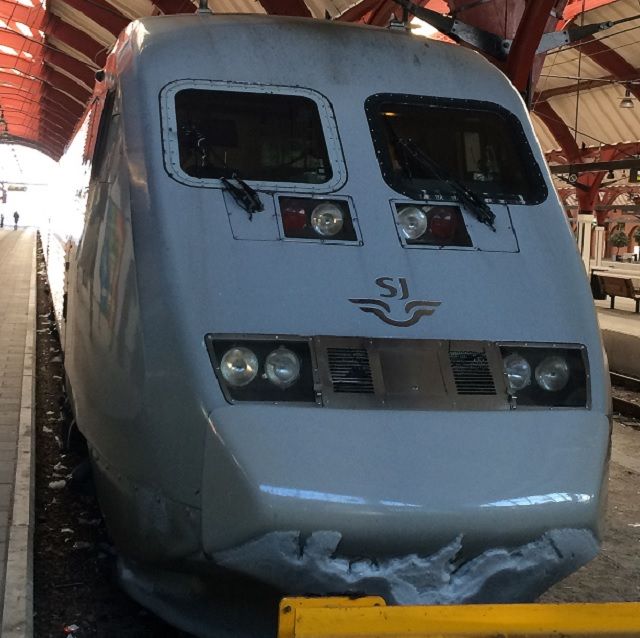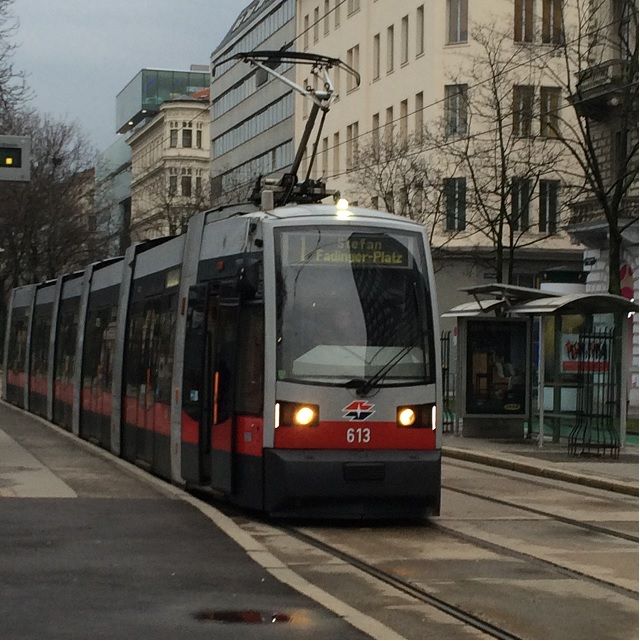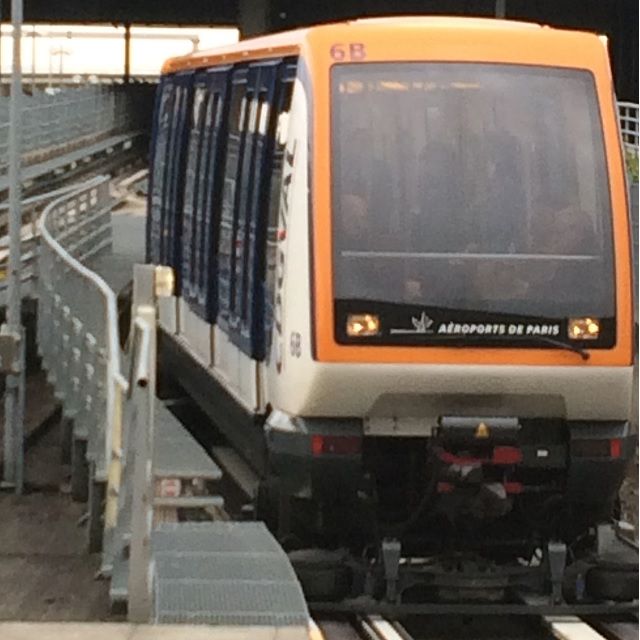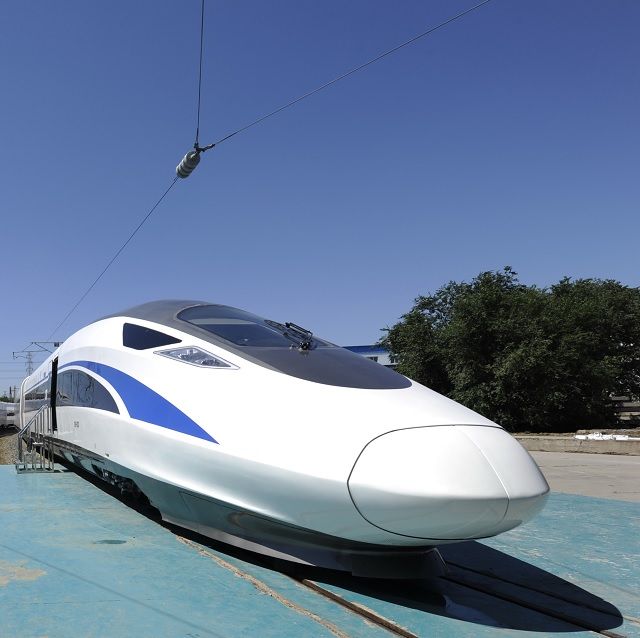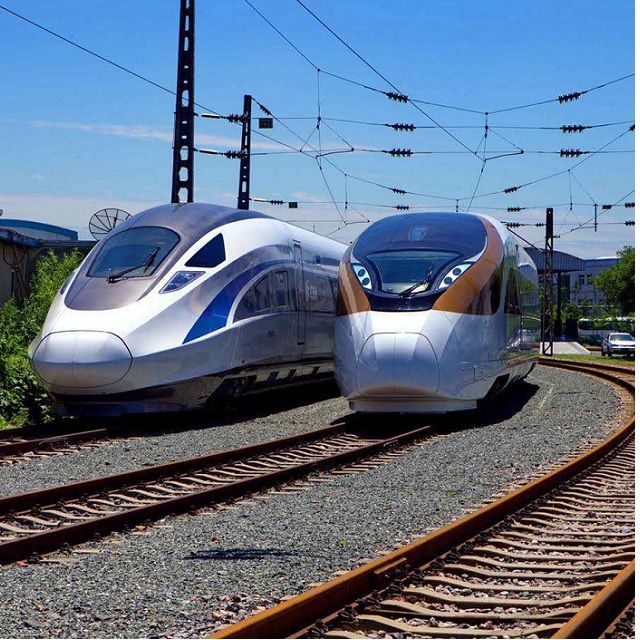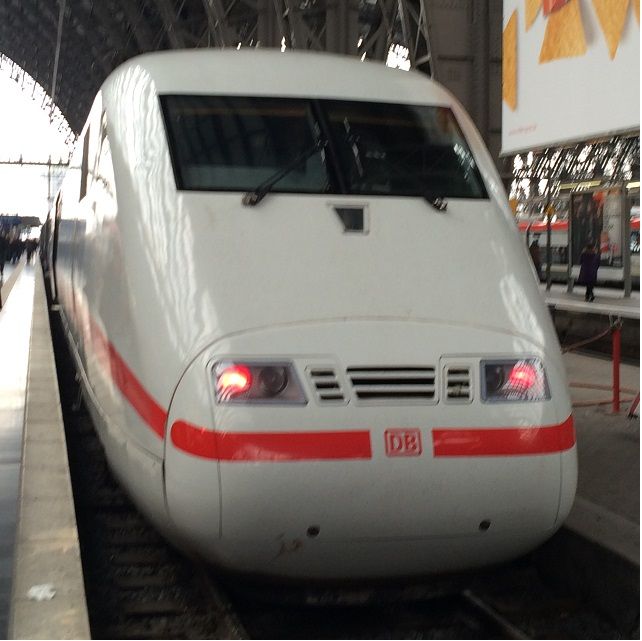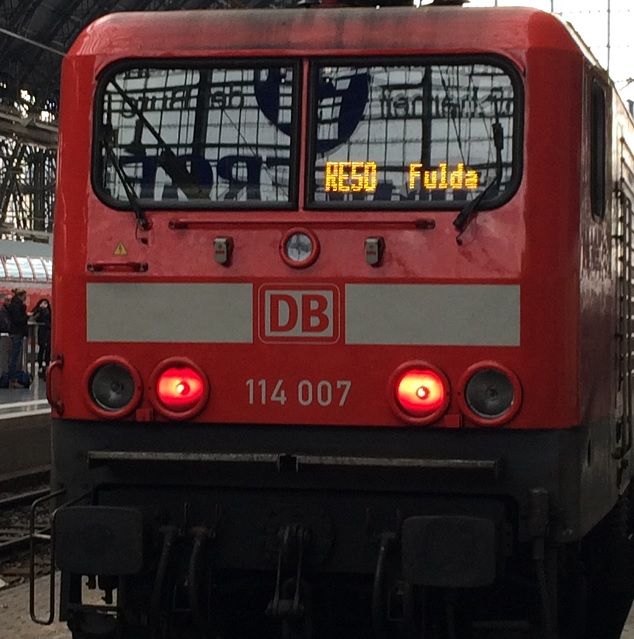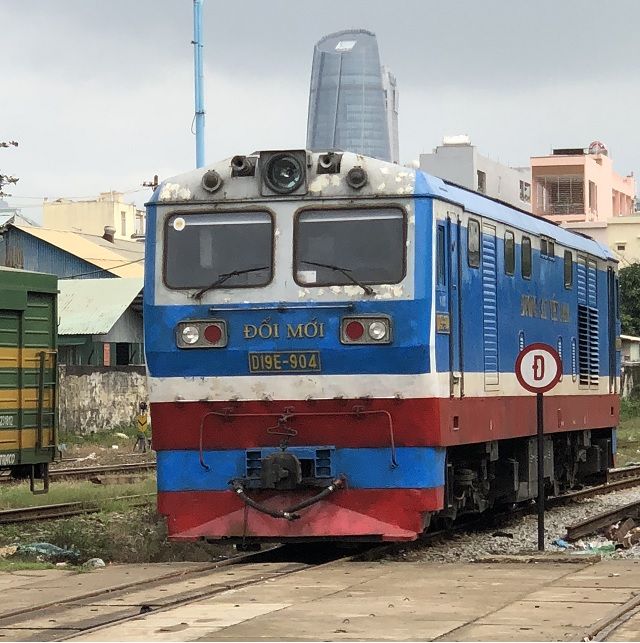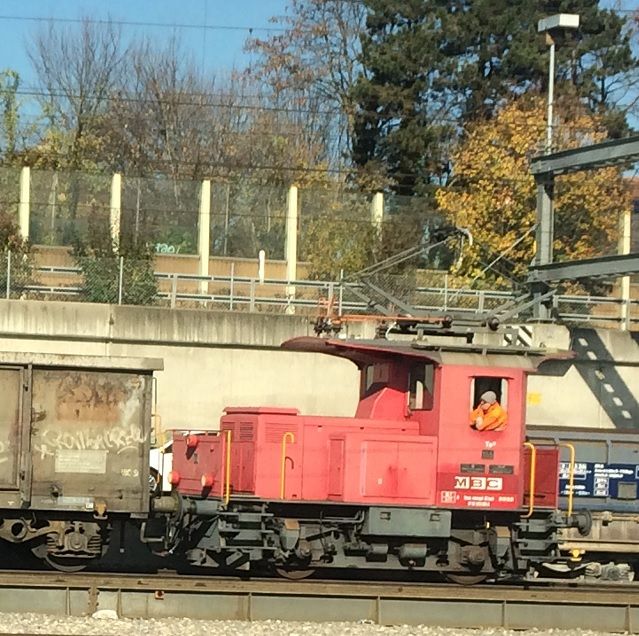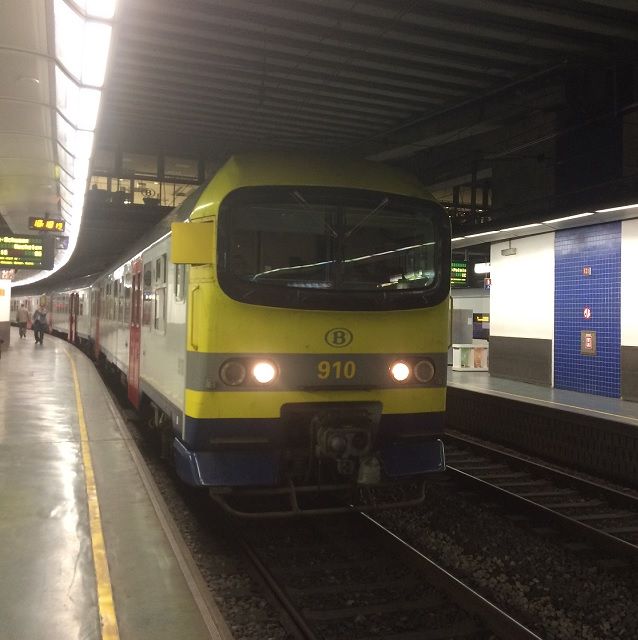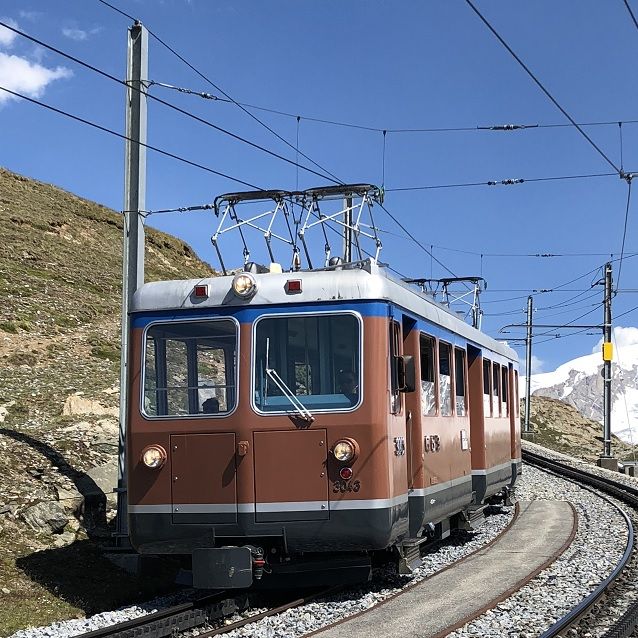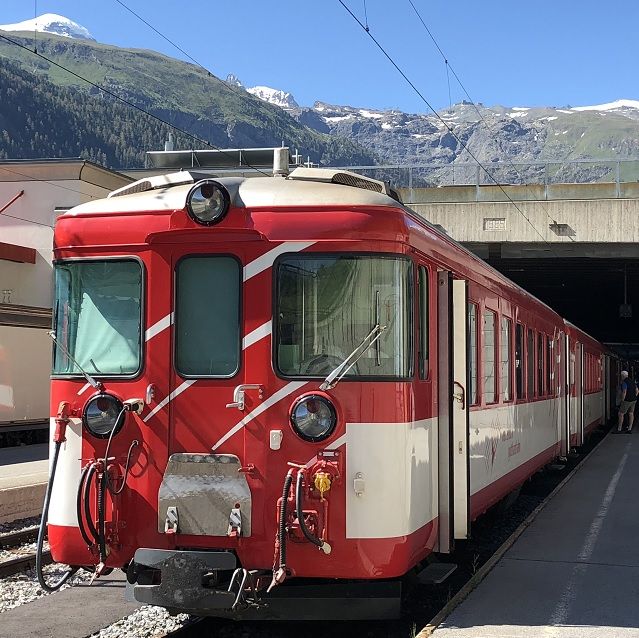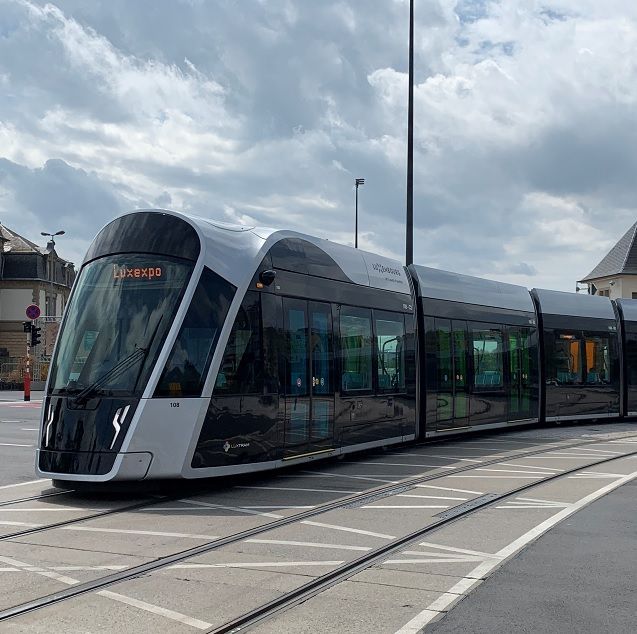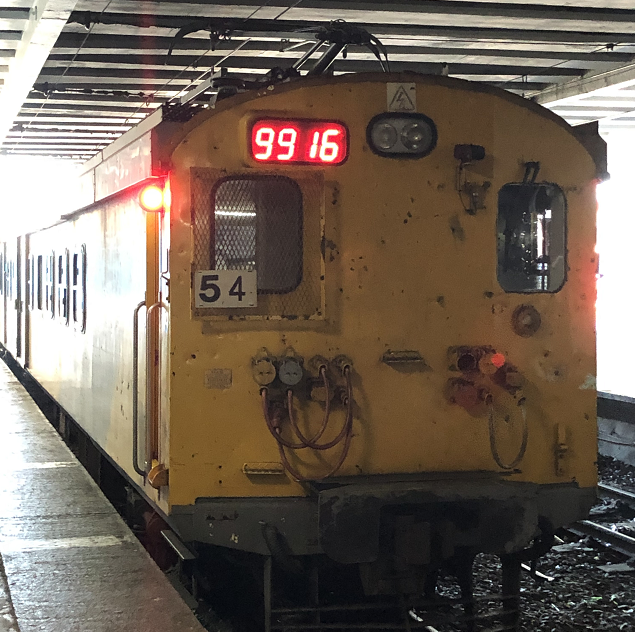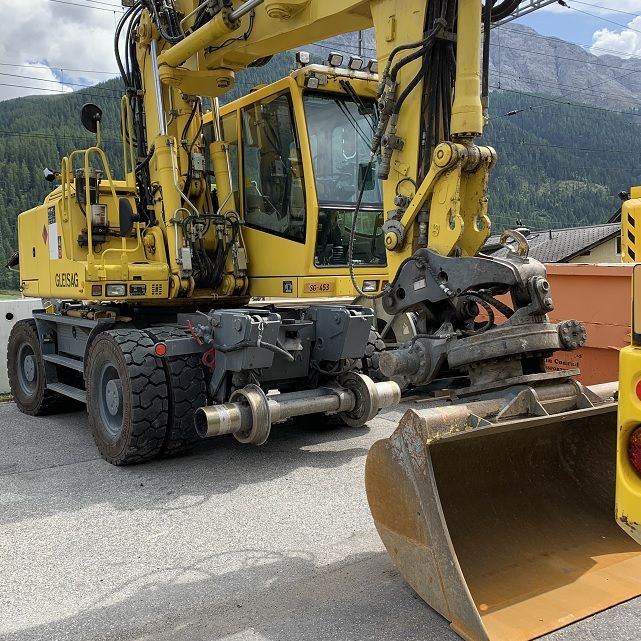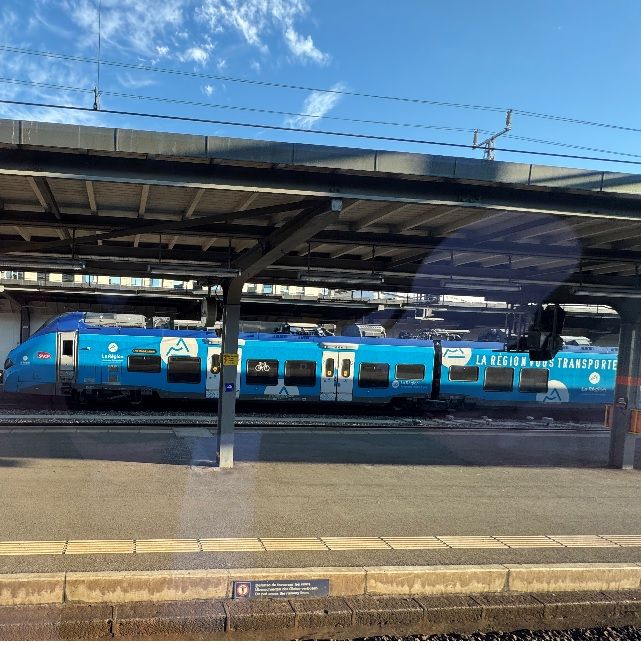News
RWG at the OECD
16th November 2016
On 15th November, the RWG made a presentation at the annual meeting between Civil Society Organisations and the OECD export credits committee in Paris. RWG Chairman Howard Rosen set out a detailed request for Export Credit Agencies to extend the “Cape Town discount” to the rail sector when the Luxembourg Protocol is in place, following the precedent under the Aircraft Sector Understanding where, if the equivalent aircraft Protocol to the Cape Town Convention is in place, under certain circumstances ECAs discount their risk premium by 10%. Rosen said that the rail industry should not be at a competitive disadvantage with the aviation industry, particularly considering that the Luxembourg Protocol underwrites private investment in rolling stock and the railways are a key component of a sustainable development agenda. He pointed out that the paradox of the high country risk rating for developing countries, resulting in a much higher premium rate for the ECAs, was constraining them from developing their way out of their current economic situation through investment in the railways, and he asked for a constructive review of the limitations on ECAs under the current Rail Sector Understanding (RSU). The RSU in place at the moment makes no mention of the Luxembourg Protocol. It expires at the end of 2017 and so there will be intensive discussions during the course of next year as to whether, and how, it continues.
The RWG delegation in Paris comprised Howard Rosen, French Contact Group Chairperson, Alexia Russel, Registrar-designate Elizabeth Hirst and Tom Clark from GE.




